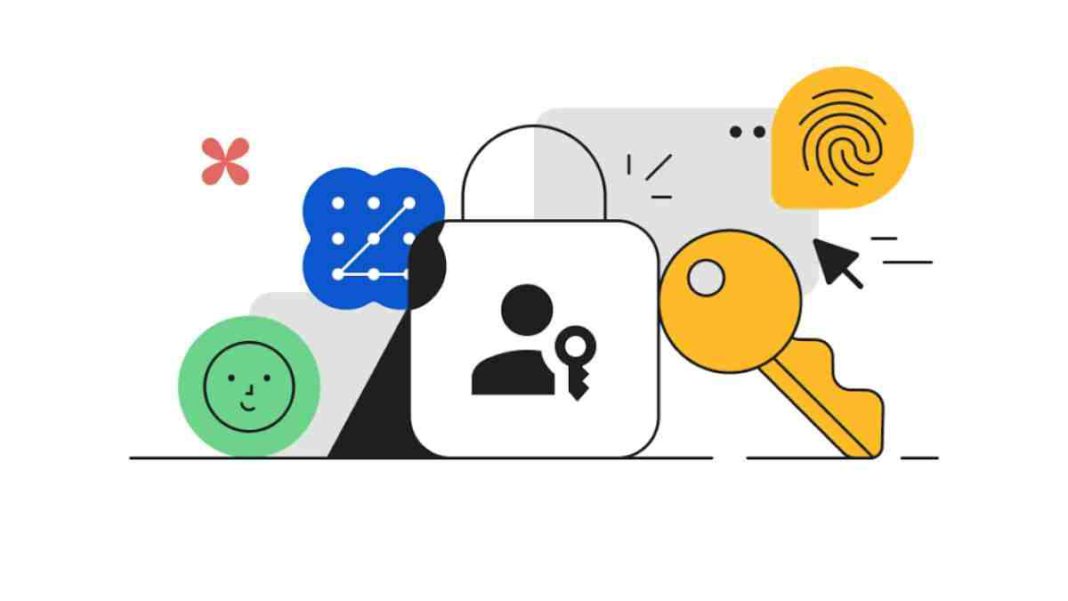UNITED STATES: To safeguard our online accounts, Google has declared that passkeys will be the default sign-in method for all its users. This initiative marks the first step in what could be the eventual phasing out of traditional passwords.
Google’s decision means that account users will be prompted to create a passkey for their accounts by default, eliminating the need to manually navigate account settings in search of the setup process. But what exactly is a passkey, and why is it being hailed as the heir to the humble password?
The rise of passkeys
Passkeys represent a quantum leap in online security and convenience. These alternatives to traditional passwords enable users to access their apps and websites using various authentication methods.
These methods include biometric sensors like facial recognition or fingerprint scans, patterns, or PINs. By doing away with the need to remember complex passwords, passkeys streamline the login process, offering enhanced security along with user-friendliness.
It’s important to note that while Google is spearheading this transition, passwords are not going extinct immediately. According to Google, passwords “will still remain part of our lives as we make the pivot.”
Users can continue to use conventional passwords to access their accounts if they prefer and can opt to disable the “skip password when possible” option if they choose not to use passkeys.
User-focused innovation
Product managers at Google, Christiaan Brand and Sriram Karra, report that user feedback on passkeys has been overwhelmingly positive. They note that 64% of users have found passkeys easier to use than traditional methods, such as passwords and two-step verification.
As a result of this positive response, Google has decided to make passkeys the default option for all personal Google accounts.
This means that when users sign in to their accounts, they will be greeted with prompts to create and use passkeys, making future sign-ins more straightforward. The “skip password when possible” option will also be activated by default in Google Account settings.
How to set up a passkey for your Google account
Setting up a passkey for your Google account is not a complicated process. Users can visit the dedicated website, g.co/passkeys, to get started. Passkeys can also be automatically registered for users who have an Android phone signed in.
To utilize passkeys, simply tap “Use passkeys.” If you wish to create a passkey, select “Create a passkey” and follow the provided instructions.
The expansion of passkeys extends beyond Google’s ecosystem. Several popular platforms have embraced passkeys, offering users the option to bypass traditional passwords.
Uber, eBay, and others are leading the charge in providing passkey support for seamless sign-ins. WhatsApp is expected to join this growing trend shortly.
Also Read: Google Bard Unveils New ‘Memory’ Feature for Personalized User Experience



